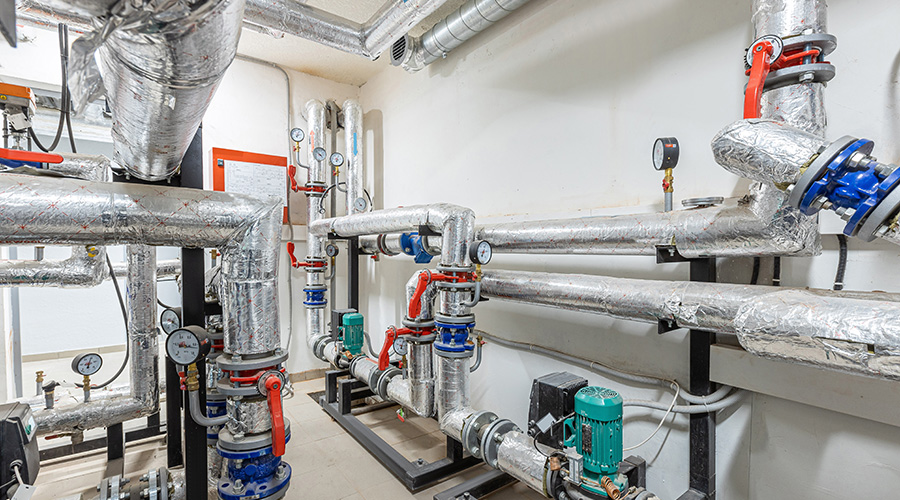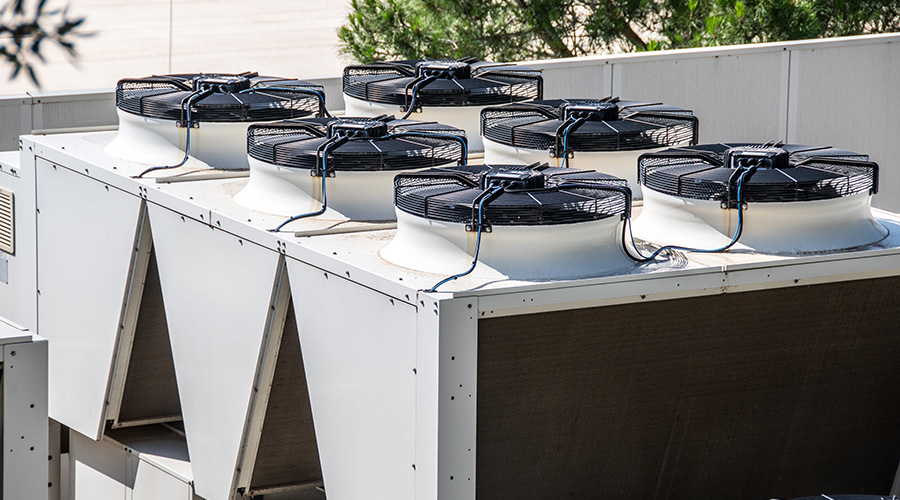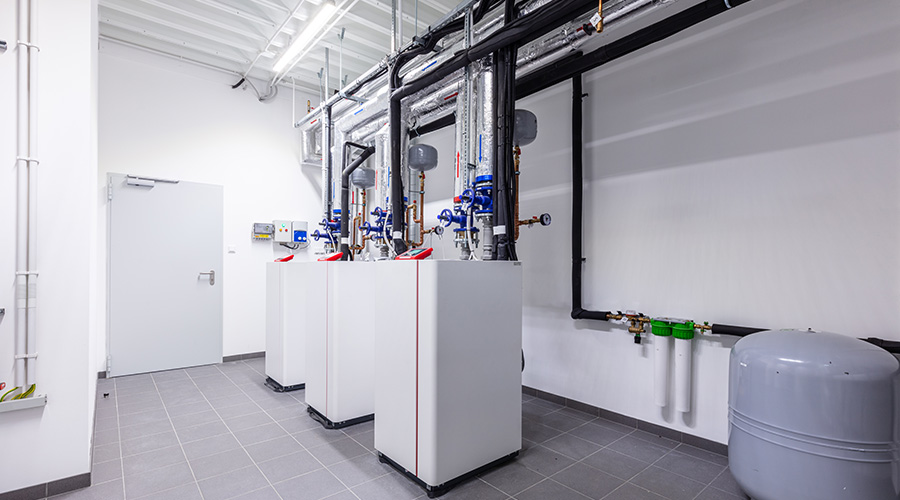Electric Boilers: Cost vs. Long-Term Savings
Discover why switching from gas to electric boilers could save money, reduce emissions, and future-proof your facility against rising energy costs.
When assessing costs, it is important to understand the difference between upfront costs and life-cycle costs, which cover expenses over time. For our case study, it was determined that electric boilers tend to be the more cost-effective choice, being around 30 percent cheaper. There is also a higher utility cost associated with these installations. Electric boilers bring a higher cost per unit of energy than natural gas boilers.
Based on current 2024 Baltimore utility rates, the cost per 1 million Btu (MMBtu) of electric is around 2.4 times more expensive than natural gas. The utility costs for an all-electric plant are nearly double that of the natural gas plant. There are methods in which to reduce some of these additional costs to lessen the financial burden of implementing an all-electric system.
While the electric boiler is a more cost-effective design, over the lifetime of the boiler they tend to be more expensive. Over 25 years, the total cost of the electric boiler design is around 12 percent higher than that of the gas boiler design. Unlike a few other states, Maryland offers no rebates for these kinds of installations.
While this is the case in the Baltimore area, in other areas in the United States the total cost can be less. If the cost of natural gas was to rise above $1.14 per therm, the cost of an electric boiler design would be the cheaper alternative. Even if the cost of electricity was lowered to $0.065 kWh, the all-electric design still would be cheaper.
Adding a solar infrastructure helps to offset some of the higher electrical load associated with these systems, and using any rebates offered for the implementation of these systems can help with upfront costs.
Because all-electric systems have a simpler design, the average costs of annual maintenance also will go down. The U.S. Energy Information Administration estimates that the average annual maintenance cost of a natural gas boiler is about 16.2 times higher than that of electric boilers.
Environmental impacts
The main driving factor for total electrification is to reduce carbon emissions from natural gas systems. In a boiler plant accounting for an average of 28 percent of a facility’s energy use, converting the boilers to all-electric provides significant emission savings, according to the U.S. Department of Energy. These products produce GHG emissions such as carbon dioxide (CO2) and methane (CH4). Besides GHG, gas boilers also emit nitrogen oxides (NOx), carbon monoxide (CO), and nitrous oxide (N2O).
In terms of the types of boiler emissions over the life of the boiler, methane in particular is an extremely volatile emission. Over a 20-year period, methane is about 80 times more potent than CO2. CO not only is a hazard to the environment but also has negative health impacts, including headaches, nausea and in the case of constant exposure, death.
In our case study, switching to an all-electric system would save around 708 tons of CO2 equivalent emissions, which is comparable to the carbon output of 153 cars in one year. Over the lifetime of the boiler, this equates to 17,700 tons of CO2 equivalent emissions, which is comparable to the amount of carbon sequestered by 18,747 acres of U.S. forests in one year.
These savings benefit the environment and, when done on a mass scale, can help protect the environment for years to come.
There are many factors to consider when switching to an all-electric system, such as the sustainability benefits, the capital and operating costs of the system. While there are ways to mitigate these costs, such as rebate programs, tax credits and adding solar infrastructure to offset the increase in electrical consumption, many facility owners and managers are reluctant to make the switch. Over the long term, though, the benefits — lower carbon emissions and alignment with new legislation — might outweigh the challenges.
As dated gas fired boiler systems approach the end of their practical life cycles, and for new construction or major renovations, switching to all-electric solutions might not be just an environmentally sound path to take. It might be the only path to take.
Brandon Burrows isa mechanical designerwith RSP Architects.
Related Topics:













